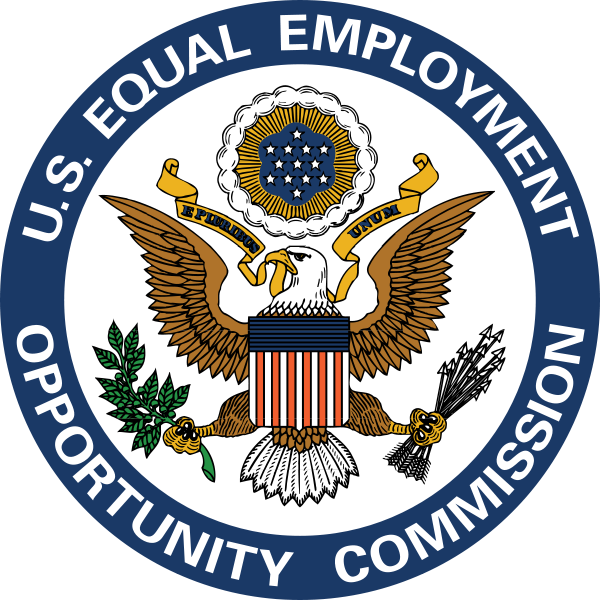Search
What box got checked most at the EEOC in 2011?
 For the second year in a row, it was retaliation. Of the nearly 100,000 Charges of Discrimination that employees filed with the EEOC in 2011, retaliation claims accounted for just over 37% of them. Race claims were just behind at 35.4%. Sex was third at 28.5%.
For the second year in a row, it was retaliation. Of the nearly 100,000 Charges of Discrimination that employees filed with the EEOC in 2011, retaliation claims accounted for just over 37% of them. Race claims were just behind at 35.4%. Sex was third at 28.5%.
A complete breakdown of 2011 EEOC charge statistics can be found here.
 The Employer Handbook Blog
The Employer Handbook Blog




 Yesterday, the
Yesterday, the